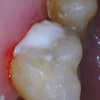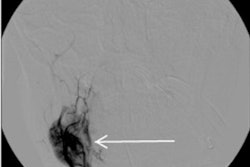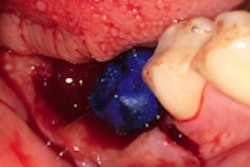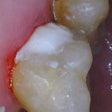
A small percentage of patients request the extraction of healthy teeth, and though dentists report reluctance, many pull the teeth anyway, according to a study published on March 30 in the Journal of the American Dental Association.
The authors believe their study is the first to investigate healthy tooth extractions at the request of patients for nondental reasons. They advised clinicians not to do these procedures, as performing extractions without dental necessity can cause damage.
"Dentists should keep in mind that they cannot ethically or legally be required to perform an intervention deemed harmful, even if an autonomous patient made the request," wrote the authors, led by Dr. Dyonne Liesbeth Maria Broers of the Academic Centre for Dentistry in Amsterdam, the Netherlands.
An estimated 3.6% to 5.9% of patients request the extraction of one or more healthy teeth. Motivations for these requests can vary, ranging from the inability to pay for restorative care, dental fear and anxiety, and even cultural norms.
According to the professional standard of care, dentists promise to do no harm. However, there is also the principle of patient autonomy, which many dentists believe requires them to provide dental treatment when requested by the patient, according to the study.
To determine how often patients request tooth extractions for nondental reasons and how dentists handle those requests, the authors surveyed 242 dentists in the Netherlands.
Between January 2016 and November 2019, 68% of dentists said they'd received a request to extract a healthy tooth. Generally, these types of requests were rare -- about half of dentists had received five or fewer requests from patients, and 21% received requests from up to 10 patients. However, nearly 9% of respondents said they had received nondental extraction requests up to 30 times.
Dentists granted 76% of all requests for extraction for nondental reasons. Only six dentists (4%) regretted those extractions. When questioned further, 82% of dentists reported that they would refuse the procedure when they were given a hypothetical situation in which a patient asked that teeth be extracted due to dental fear.
The researchers did not investigate how often dentists checked patients' decision-making capacity. It's also unknown whether dentists performed extractions in patients with a lack of decisional capacity.
The study questions the ethics of extracting a healthy tooth at the request of a patient. Some respondents argued that if a dentist has a patient's permission, every intervention is legally and ethically permissible -- even those that are not dentally necessary. The authors disagreed.
"The patient's consent has ethical and legal force only when the planned treatment is within the standard of care," Broers and colleagues concluded.




















